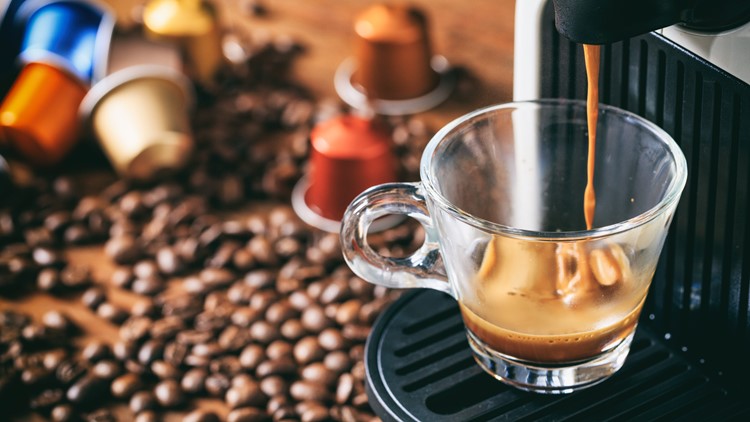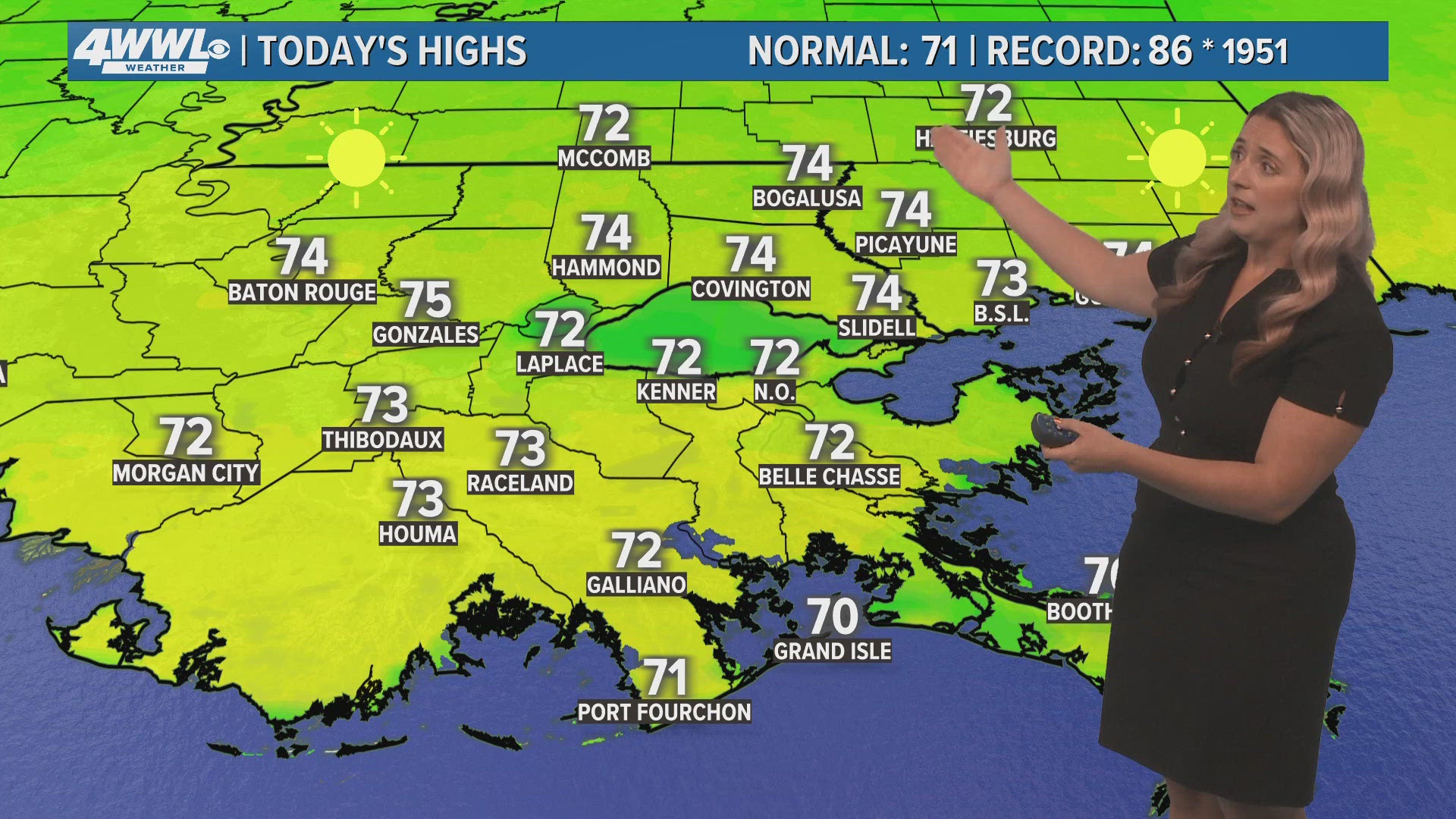Many people are trying to be more environmentally conscious at home, but it can be hard to know what's actually better for the environment. Recently, headlines popped up claiming that single-use coffee pods, long thought to be worse for the environment than coffee brewed through other means, are actually better for the environment.
Some people on social media have shared these news stories. VERIFY reader Zach texted us to ask if that’s actually the case.
THE QUESTION
Are coffee pods better for the environment than other brewing methods?
THE SOURCES
THE ANSWER
A cup of coffee from a coffee pod can be better for the environment than other brewing methods if using coffee pods significantly reduces your coffee and water waste. But many factors can contribute to the final environmental impact of a cup of coffee.
WHAT WE FOUND
There isn’t one “most sustainable” brewing method for coffee because there are so many factors that can change a cup of coffee’s environmental impact.
The actual cultivation of coffee beans is the “dominant contributor” to a cup of coffee’s carbon footprint, according to a 2017 report from Oregon’s Department of Environmental Quality (DEQ). The report also said that the amount of energy used to heat the water during brewing, the kind of packaging the coffee is in, how much waste the cup of coffee produces and even the reusability of the cup used to drink it can also factor into a single cup of coffee’s impact on the environment.
“Personal habits about coffee consumption – from the type of brewing method, amount consumed versus wasted, boiling of water, keeping the pot on warm vs. reheating, and cleaning, etc. – can be variables that alter the overall [carbon footprint] of coffee,” the DEQ report said.
The DEQ found the carbon footprint from single-serve coffee pods is typically less than the carbon footprint for an average cup of drip-brewed coffee, based on its review of available studies. But both methods usually have a greater carbon footprint than cups of French press, instant coffee and espresso.
If a person makes too much coffee and wastes some of it, “as is common with drip-brewed systems,” it might be better for the environment if they instead use a coffee pod for their cup, DEQ said. But the type of pod or capsule matters, too. You’d need to waste more coffee on a drip-brewed cup before a plastic pod becomes the better option as compared to a biodegradable or recyclable pod.
A spokesperson for the Environmental Protection Agency (EPA) came to a similar conclusion in an email to VERIFY.
“There are many environmental impact factors to consider when making everyday choices – including coffee brewing methods and the associated packaging,” the EPA spokesperson said. “If you only need one cup, you shouldn’t brew a whole pot. Overpreparing and wasting coffee adds to its overall environmental impact. In this situation, it may be preferable to use single-serve methods, such as coffee pods.”
A 2021 review of previous studies about coffee sustainability by a group of Italian researchers also found that coffee pods can be better for the environment than coffee brewed through other methods.
“It has been shown that capsules are not always the choice that has the greatest environmental impact, highlighting how energy aspects and consumer habits can significantly change performance,” the researchers said.
The 2021 literature review pointed out that pods can vary in impact based on material. It noted that one study comparing different pods found that plastic coffee pods have the greatest environmental impact, followed by aluminum pods. Biodegradable pods had the least impact on the environment among coffee pods.
While some coffee pods are recyclable or compostable, the EPA spokesperson warned that this doesn’t necessarily mean you can recycle coffee pods where you live.
“You should always check with your local authority on whether they accept these materials for recycling,” the EPA spokesperson said. “End-of-life management is important when considering overall environmental impact. If you’re adding unacceptable material to waste streams, you could be contributing to contamination, which leads to higher costs and increased resource use.”
Biodegradable pods can be used in composting, either at home or by leaving them in food-waste collection bins. Aluminum pods are usually recyclable, but you have to fully clean them of any remaining coffee residue before a recycling plant can actually recycle them.
Despite these findings, some research is still mixed on the sustainability of coffee pods compared to other brewing methods. Studies have come to a variety of conclusions, some of which are more critical of coffee pods.
For example, a 2021 study on the carbon footprint of coffee brewing methods by researchers in Italy found that a cup of coffee brewed with a Moka pot — a metal coffee pot that is heated on a stove — has a smaller carbon footprint than one cup of coffee brewed from an espresso machine, capsule machine or pod machine, largely because of the waste generated by the pods’ packaging.
Across all of these studies and reviews, instant coffee was often found to have one of the smallest carbon footprints, in large part because a cup of instant coffee requires a smaller amount of coffee beans than other brewing methods. Canned coffee regularly had one of the largest carbon footprints because of its aluminum packaging and the milk used in its production.



